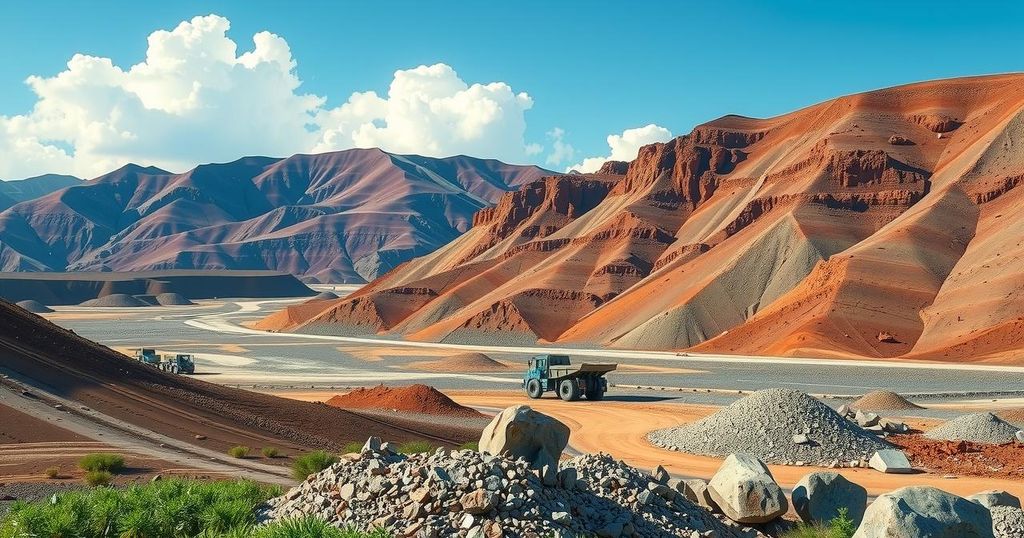Nigeria’s Mining Reforms: Unlocking Investment and Growth

Nigeria has implemented reforms in its mining sector to enhance investment and GDP contributions. Key initiatives include streamlined licensing, the Mineral Resources Decision Support System, restructuring the Ministry of Mines, and the Nigerian Minerals & Mining Bill. These changes aim to boost production, improve governance, and position Nigeria as a leader in the global minerals supply chain, showcased at African Mining Week 2025.
In recent years, Nigeria has launched pivotal reforms in its mining sector to stimulate investment and enhance its GDP contribution. Streamlined licensing processes and reduced entry barriers for global investors are expected to boost production in the country’s 44 solid minerals. The upcoming African Mining Week (AMW) 2025 will gather Nigerian and African stakeholders with international investors to foster growth and deal-making in the mining industry.
The Nigerian Geological Survey Agency introduced the Mineral Resources Decision Support System in May 2024, facilitating global access to essential geological and policy data. This platform promotes Nigeria’s extensive mineral wealth and supports better investment decisions by providing enhanced transparency and data access.
In August 2023, the Ministry of Mines and Steel Development underwent restructuring into two entities: the Ministry of Solid Minerals Development for upstream activities, and the Ministry of Steel Development focusing on industrial growth. This reorganisation aims to improve governance, attract investment, and accelerate the development of mineral and steel value chains.
The Nigerian Minerals & Mining Bill, approved in April 2023 and now under public review, seeks to incentivise foreign investment while reinforcing local content requirements. This bill will establish the primary legal framework for the sector, enhancing transparency and aligning regulations with global standards.
Since the implementation of the Nigeria Mineral Value Chain Regulations in July 2021, local processing of raw minerals like gold and lithium has been mandated. This policy spurred investments such as Avatar Energy Materials Company’s lithium processing facility set for 4,000 tons annually in Nasarawa State, and Ming Xin Mineral Separation Nig Ltd.’s plant in Kaduna State aimed at supporting EV battery production. These developments position Nigeria as a significant player in the global critical minerals supply chain, with AMW 2025 serving as a platform for industry exploration and engagement.
The AMW event is a prime opportunity to delve into Africa’s mining potential, coinciding with the African Energy Week: Invest in African Energies 2025 conference from October 1-3 in Cape Town, where sponsors, exhibitors, and delegates can gain insights and network.
Nigeria is actively reforming its mining sector to attract global investment and enhance its GDP contribution. Key initiatives include the launch of the Mineral Resources Decision Support System, restructuring of the Ministry, approval of the Nigerian Minerals & Mining Bill, and the implementation of local processing regulations. These efforts aim to modernise the regulatory framework, improve investor confidence, and position Nigeria as a central player in the global minerals market, highlighted by the upcoming African Mining Week 2025.
Original Source: www.zawya.com




